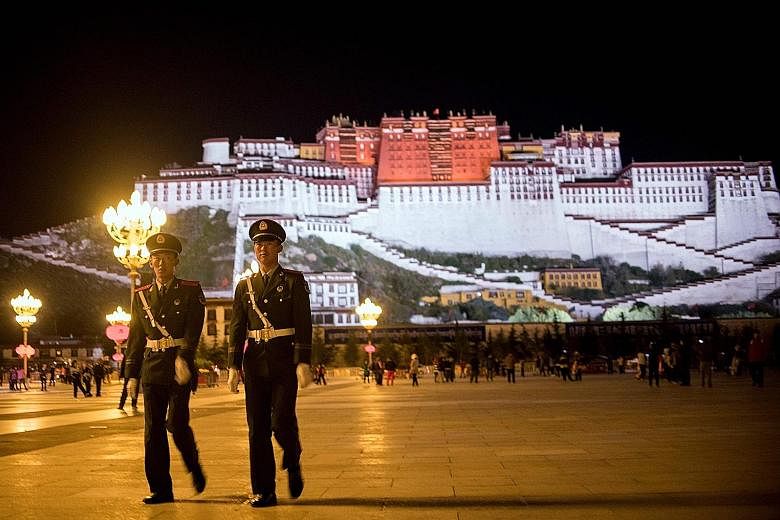The Act may sound innocuous and its passage was quite lost in the din of Washington politics, but it pricks China in a notoriously sensitive Himalayan spot - Tibet.
The Reciprocal Access to Tibet Act, signed into law on Wednesday by President Donald Trump, "denies Chinese government officials access to the United States if they are responsible for creating or implementing restrictions on American government officials, journalists, independent observers and tourists seeking access to Tibet".
Already a subscriber? Log in
Read the full story and more at $9.90/month
Get exclusive reports and insights with more than 500 subscriber-only articles every month
ST One Digital
$9.90/month
No contract
ST app access on 1 mobile device
Unlock these benefits
All subscriber-only content on ST app and straitstimes.com
Easy access any time via ST app on 1 mobile device
E-paper with 2-week archive so you won't miss out on content that matters to you


